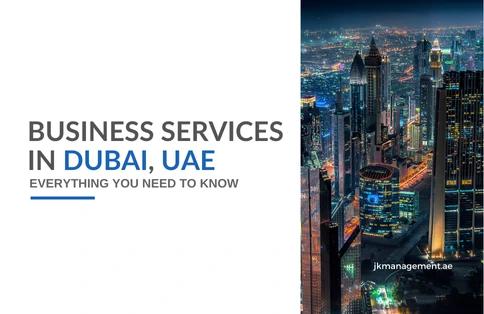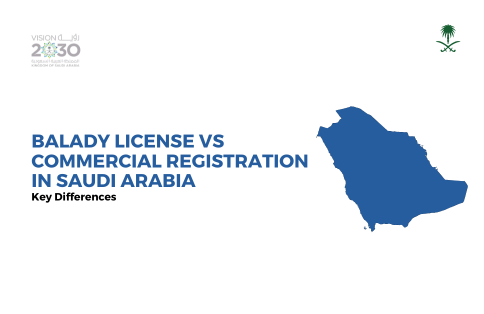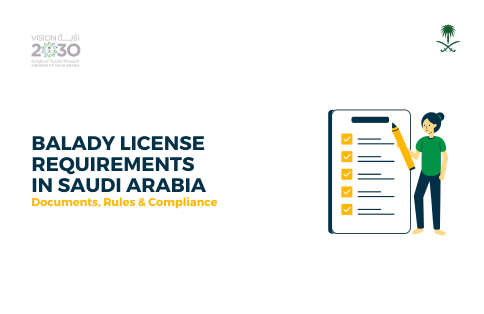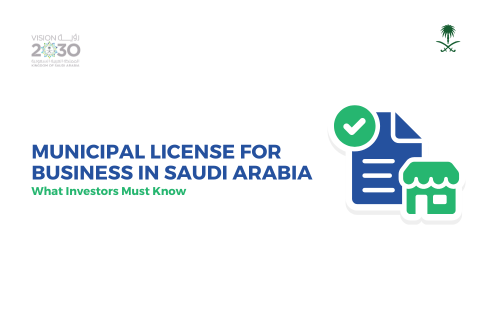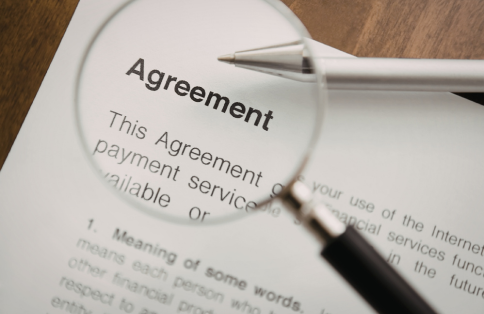Introduction
In 2025, the GCC continues to evolve as a thriving hub for international business. When it comes to Business Setups in Saudi Arabia VS UAE, entrepreneurs are faced with two of the most promising markets in the Middle East. Both countries offer investor-friendly environments, yet differ in setup processes, legal structures, costs, and long-term potential. Whether you’re a startup founder, SME owner, or large-scale investor, understanding these differences is key to making the right decision.
Why Compare Business Setups in Saudi Arabia VS UAE?
The UAE and Saudi Arabia are the economic powerhouses of the Middle East. However, their approach to foreign investment, regulatory frameworks, and economic diversification varies significantly. Here’s a detailed comparison of business opportunities, setup procedures, cost structures, and growth projections in 2025.
1. Business Opportunities in Saudi Arabia in 2025
Saudi Arabia’s Vision 2030 has opened a floodgate of investment opportunities across sectors such as:
- Renewable Energy (NEOM, Red Sea Project)
- Logistics & Transportation
- Manufacturing & Industry
- Health and Education
- Tourism & Entertainment
Key Highlights:
- 100% foreign ownership in most sectors
- Strategic location connecting Asia, Africa, and Europe
- Government-backed initiatives for SMEs and foreign investors
2. Business Opportunities in UAE in 2025
The UAE remains a global business hub thanks to:
- Tax-free zones and Free Zone companies
- Fintech, Blockchain, and AI-driven startups
- E-commerce and Digital Economy
- Hospitality and Real Estate sectors
Key Highlights:
- Over 40 Free Zones with specialized benefits
- No corporate tax in many areas (except for mainland businesses over AED 375,000 profit)
- World-class infrastructure and ease of doing business
3. Legal and Structural Differences
Saudi Arabia requires a local address, and some licenses need special approvals (e.g., SAGIA).
UAE offers Free Zone setups that allow 100% foreign ownership with simplified compliance.
Note: As of 2025, both nations have improved their online setup portals, streamlining the incorporation process significantly.
4. Growth Potential & Future Outlook
|
Criteria
|
Saudi Arabia
|
UAE
|
|---|---|---|
|
Economic Diversification
|
Aggressive (Vision 2030)
|
Mature and diversified
|
|
Business Ecosystem
|
Developing fast
|
Highly advanced
|
|
Ease of Market Entry
|
Medium
|
Very High (especially in Free Zones)
|
|
Access to Global Markets
|
High
|
Very High (Air & Sea connectivity)
|
Final Verdict: Which One Should You Choose?
Choose Saudi Arabia if you’re targeting long-term infrastructure projects, large-scale manufacturing, or public-private partnerships aligned with Vision 2030.
Choose the UAE if you’re in tech, services, e-commerce, or want to scale quickly with minimal entry barriers.
FAQs: Business Setups in Saudi Arabia VS UAE
- Which is easier: setting up a business in UAE or Saudi Arabia?
The UAE is generally easier due to streamlined Free Zone processes and faster licensing.
- Can foreigners own 100% of a business in Saudi Arabia or UAE?
Yes, both countries allow 100% foreign ownership in most sectors as of 2025.
- What is the minimum investment required for business setup in the UAE vs Saudi Arabia?
In the UAE, Free Zones start from AED 8,000–10,000. In Saudi Arabia, setup can begin from SAR 15,000 but varies by industry.
- Which country is better for tech startups?
The UAE, particularly Dubai and Abu Dhabi, is more suitable due to its strong digital ecosystem and funding access.
- Are there tax benefits for businesses in either country?
Yes, both offer corporate tax advantages UAE with Free Zone exemptions, and Saudi Arabia with sector-based incentives.








